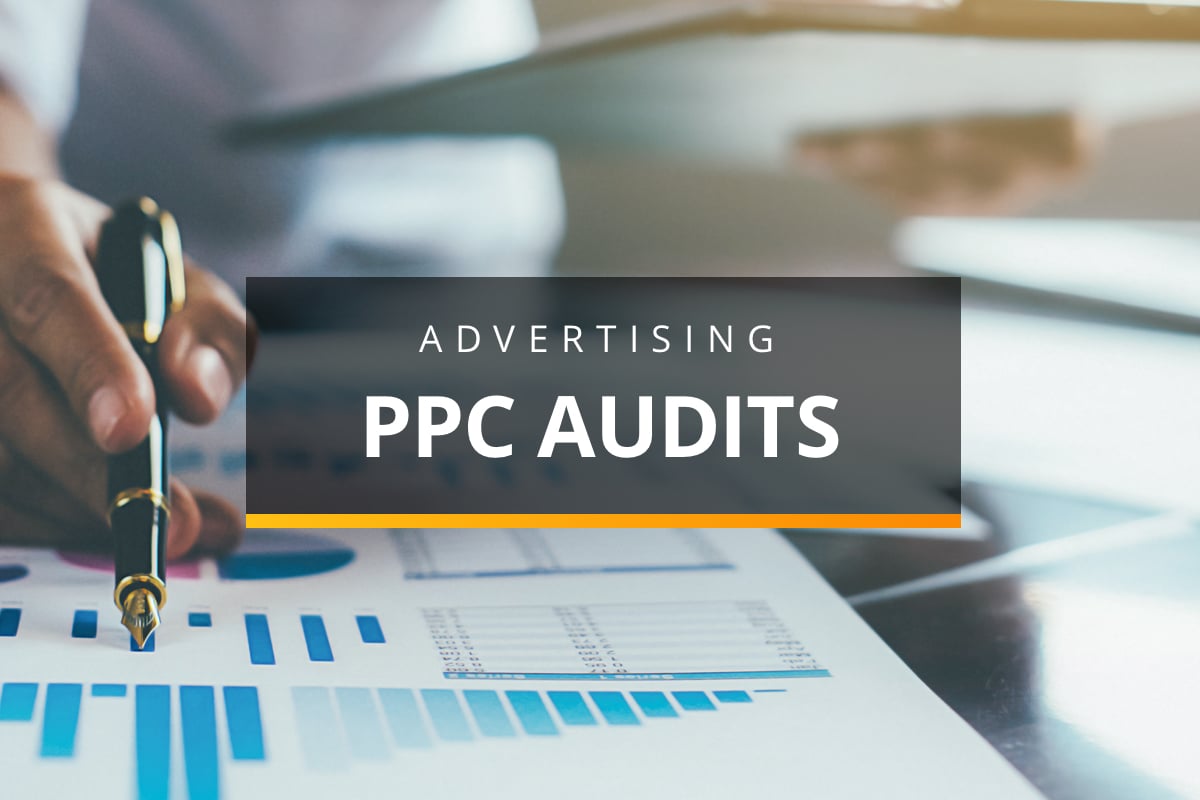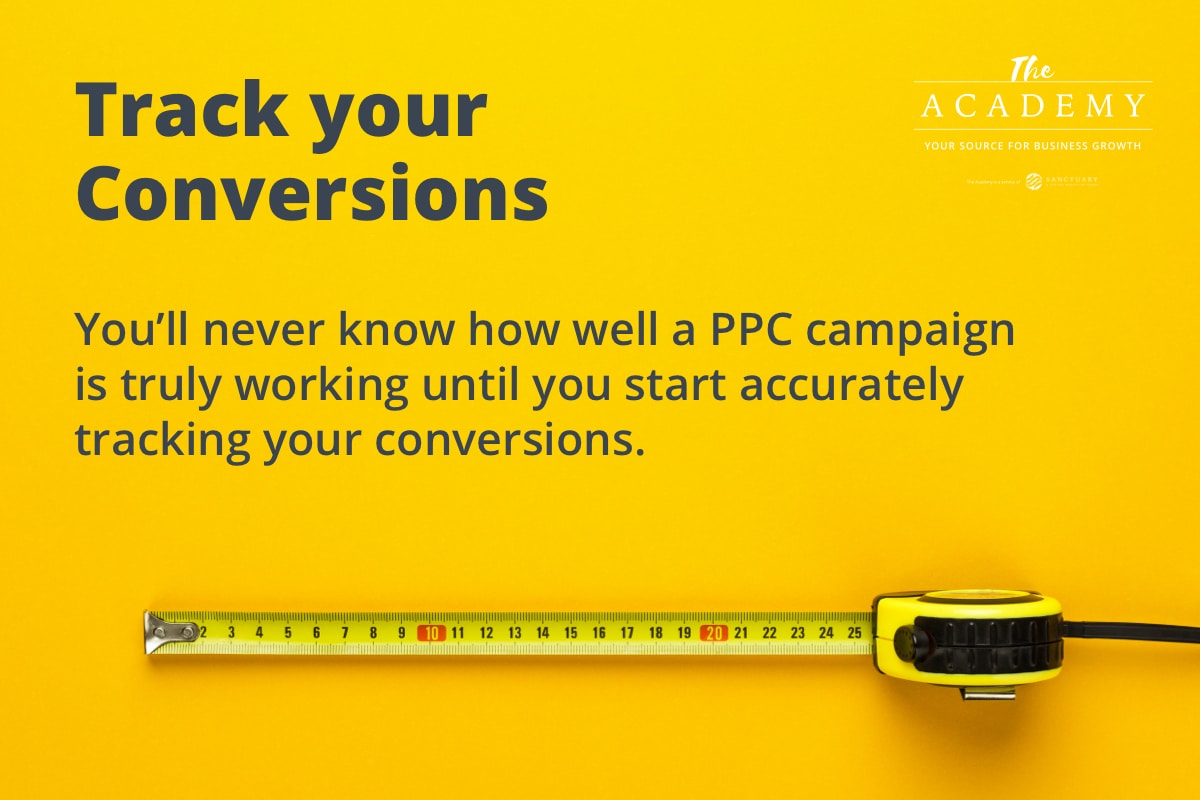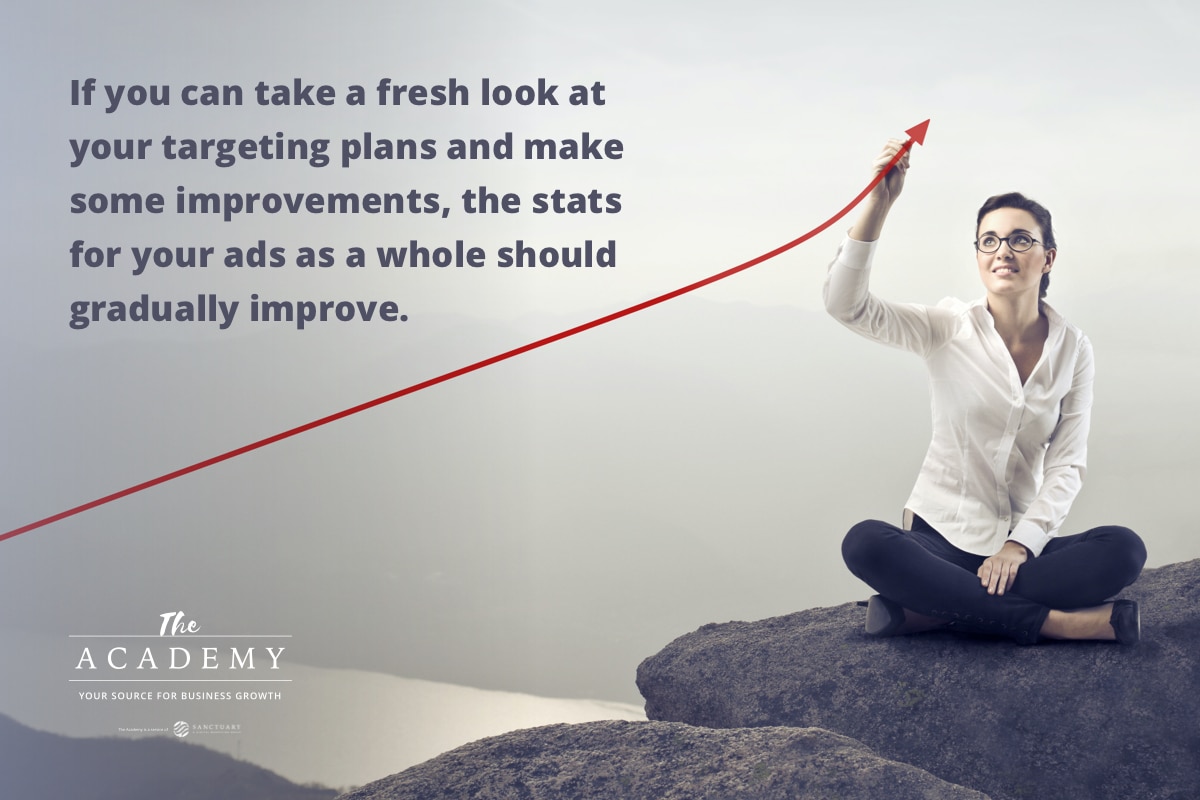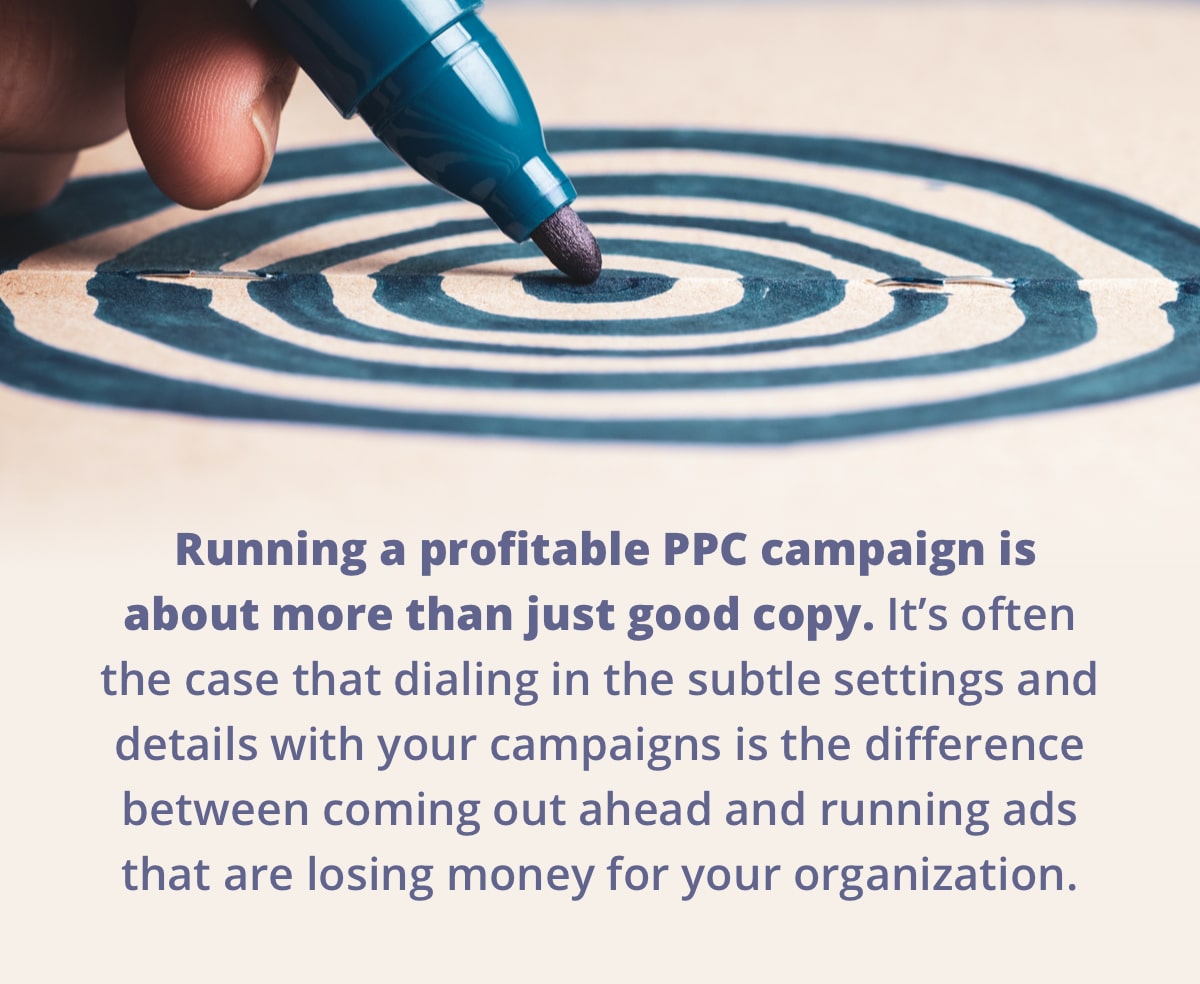
Running pay-per-click (PPC) ads is a high-stakes game. On the positive side, a great PPC campaign can deliver incredible results for your business. Ads that are properly tuned and targeted can bring a stream of qualified leads to your website for an affordable price. Businesses that have mastered the art of PPC can use this form of advertising as the engine that drives everything forward.
Of course, things don’t always work out like that. On the other end of the spectrum, there are PPC campaigns that do nothing but burn up your budget at an impressive rate. You can easily spend a lot of money without getting much (or any!) return, if you aren’t careful. Properly setting the parameters for your campaigns and monitoring how they perform along the way will help you avoid a disaster.
Most ongoing PPC campaigns fall somewhere between the two extremes we’ve highlighted above. Typically, campaigns will do okay, making enough money to be worthwhile, but not hitting it big, either. If that sounds like the PPC campaigns you have running at the moment, the audit we have outlined below may help. This audit will ask some key questions about your pay-per-click endeavors, and the answers will be revealing. Use what you learn through this process to make the necessary changes to boost revenues and trim spending.
Is Your Conversion Tracking Working?

You’ll never know how well a PPC campaign is truly working until you start accurately tracking your conversions. As a reminder, a “conversion” doesn’t necessarily have to be a sale, although that is often how it is defined. You might choose to define a conversion for your purposes simply as an opt-in to your email list or another similar action. Whatever the case, you need technology in place to accurately track how many of your clicks are leading directly to conversion events.
If you aren’t sure that your conversion data is correct, go back through the setup in Google Ads to confirm the various settings that you have selected. For instance, if you have duplicated code in any places, you might be getting double reporting and amplified results that don’t reflect reality. This is one of those areas where you can usually use your gut feeling to indicate that something is off – if you don’t feel like your conversion data lines up properly with what is happening in the real world, spend the time necessary to get to the bottom of it.
In addition to the tech side of checking on your conversion tracking, you also want to be sure to have conversion goals established that properly align with what you want your ads to do. Most likely, ads that are meant to capture clicks from people early in the buyer’s journey are going to aim for something like an email subscription. You may have some other ads that are targeted toward people who have already done their research and are ready to buy. These are usually ads that make some kind of offer such as a discount or bonus. Do a review of your campaigns to make sure the right conversion goals are connected to the right ads.
Are You Targeting Effectively?
Every ad you run should be carefully targeted to a specific group of people. We already touched on this above, by mentioning that some ads may go after people early in the buyer’s journey, while others will target them near the end of the process. It’s important to have a clear vision for your targeting efforts because the ad copy you write and the offers you make will vary greatly depending on who it is that is supposed to see the ad.
It’s a useful investment of time to go back through all of your ad copy and targeting choices to make sure everything lines up. If you see that one of your campaigns—or maybe just some ad groups within a bigger campaign—is not living up to expectations, it could be that targeting is to blame. If you can take a fresh look at your targeting plans and make some improvements, the stats for your ads as a whole should gradually improve.

As you do your audit, keep an eye out for the following common mistakes:
- Wide ad groups. It’s best to keep your ad groups as focused as possible to avoid showing ads to people who are far outside of your target demographic for that group. In other words, keep the scope of each group as narrow as possible, and just make more and more groups to account for the various different types of ads you are going to show.
- Too many keywords. Again, this is where casting a wide net can get you into trouble. It’s tempting to pile as many keywords as possible into your campaigns to secure more impressions, but that will likely lead to low-quality clicks more than anything else. Pare down your keyword list to trim some of the waste.
- The wrong offer. If you are making a specific offer in your ads, and you should be, make sure that the offer pairs well with the people you want to reach. Even if you are offering something of significant value, such as 25% off of a purchase, that offer isn’t going to convert very often if the people who see it are early in the buying journey and aren’t yet ready to make a decision.
Targeting is the name of the game in the PPC world. Spend as much time as needed on the audit of your targeting methods, as nothing is going to improve your results as quickly as great targeting within each ad campaign.
What Efficiency Improvements Could You Make?
When you first get started in the PPC game, you’ll likely be focused on what feels like the most important pieces of the puzzle. In other words, you’ll be focused on the copy that you write for the ads, and the offer that you are making to your target audience. Deciding on what kinds of discounts to present, or how to present your sales pitch perfectly, can easily take up all of your time and energy.

As time passes, however, you’ll come to realize that running a profitable PPC campaign is about more than just good copy. It’s often the case that dialing in the subtle settings and details with your campaigns is the difference between coming out ahead and running ads that are losing money for your organization.
Making each of your campaigns as efficient as possible is the primary objective you should be considering while doing this audit. Anything that you can find to tune up the efficiency of how your ads work is worth exploring. It doesn’t matter if it’s just a slight improvement that will only save a few dollars, the continued pursuit of efficiency is what matters. Here are a couple of examples:
- Trimming keywords. We talked about this above, but it’s worth another mention here, due to its significance. Having too many keywords within your ad groups is going to lead to impressions that aren’t properly targeted. That means you’ll probably get a low click-through rate on those impressions, and the clicks you do get will convert at a very low rate. It can be time-consuming to go through your keyword lists to trim out the ones that aren’t a good match for who you want to target with your ads, but it’s important work. Gradually improving the quality of your keyword list can mean great things for your ad campaigns as a whole.
- The right locations. Targeting by location is just as important as picking the right keywords, but it’s easy to go astray. Think about how your business operates to determine how specific you need to be with what locations you are willing to serve with an ad. For example, if you run a casual restaurant, people probably aren’t going to drive from very far away to see you – so tightly controlling location targeting is essential to avoid wasted spend. Of course, a business that sells goods online and will ship to anywhere in the country can afford to be a lot more casual about its location settings.
It can be frustrating to work on efficiency measures because it never feels like the work you are doing is going to make a big impact. And, to be fair, the work you do in a single day may not make much of a notable impact on the results you get with your PPC efforts. But if you are consistent, and you gradually continue to improve how your campaigns work, the results over time can be impressive.
Is It Time to Expand Your Reach?
Finally, the last thing to consider as you are reviewing your PPC campaigns is to think about whether or not any of them are ready to go to a higher level. Of course, you’d only want to be thinking this way on campaigns that are working well and turning a nice profit. If you have some PPC efforts that aren’t working well at all, the conversation should be about whether or not you want to continue in that direction at all.
Expanding a PPC campaign can take on two different forms. One is simple enough—just increase your ad spend on a given campaign. If you are bumping into your budget on a daily basis, boosting that budget should increase the flow of leads and conversions, and you already have proven with past results that this is a successful campaign worth your advertising dollars.
Another possibility, if you aren’t running into budget limits with your ads, is to include more keywords in your targeting. This one can be dangerous, as we were just talking above about how too many keywords can dilute your campaigns and lead to waste. So, if you go this route, be sure to carefully research every keyword and only add those that you are sure will lead your ads in front of the right people in the search results.
You should never assume that your current pay-per-click ad campaigns are good enough. Even if you are relatively pleased with their performance, there is always room for improvement. Take a few moments to work through the questions we’ve provided above and you’ll likely find some opportunities to at least tweak your ads, or perhaps you’ll wind up overhauling the campaign completely. Either way, we hope these ideas lead you to your best ad results to date.
Most Popular Articles

Seeing Favicons in Your Google Search Results? Here’s Why…
Have you noticed anything different in your Google Search results lately? Google added tiny favicon icons to its organic search results in January. It was…

Business Growth and Digital Marketing News & Tips 11-17-24
Are you encouraging and rewarding innovation? Lee Cockerell is the former Executive Vice President of Operations at Walt Disney World. A lover of traditional red…

Business Growth and Digital Marketing News & Tips 11-27-24
A culture of gratitude "Feeling gratitude and not expressing it is like wrapping a present and not giving it." – William Arthur Ward Beyond being…








